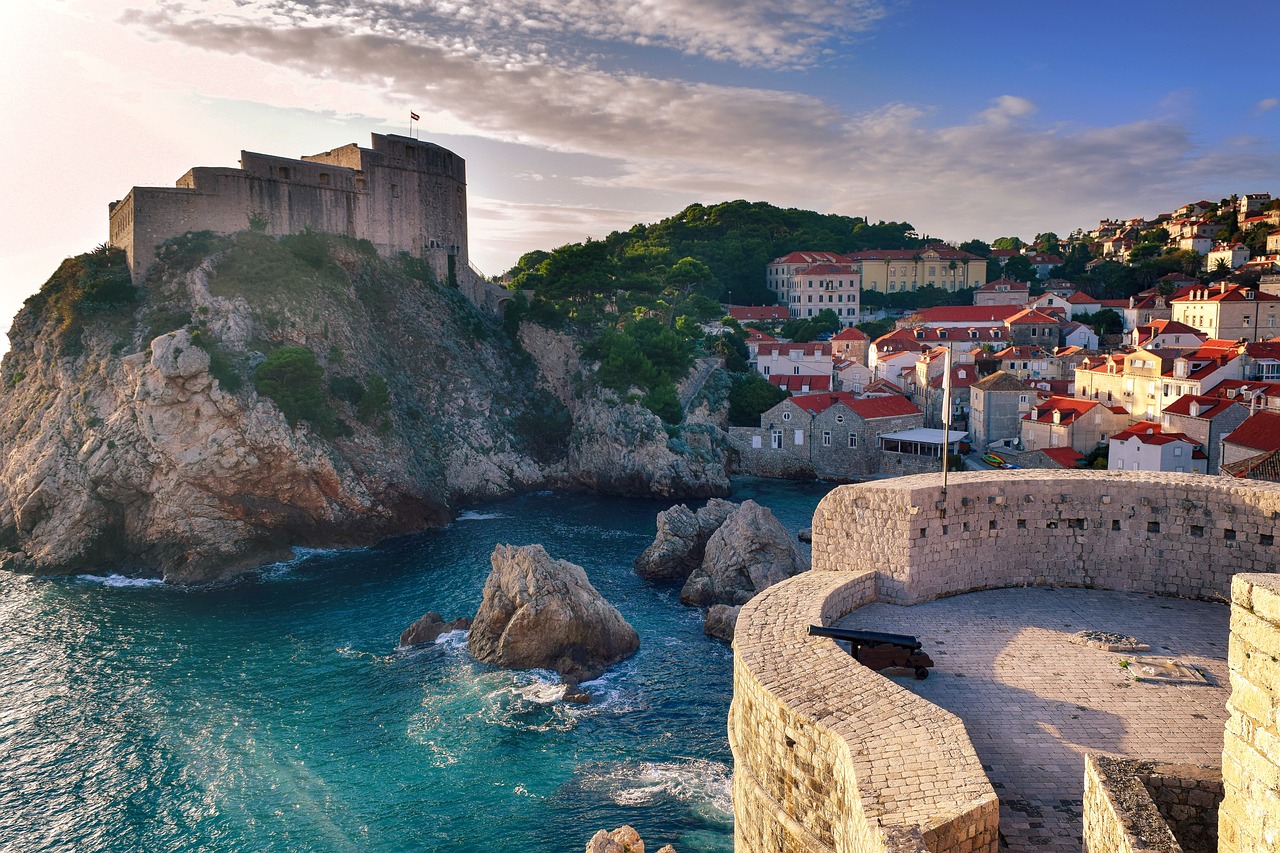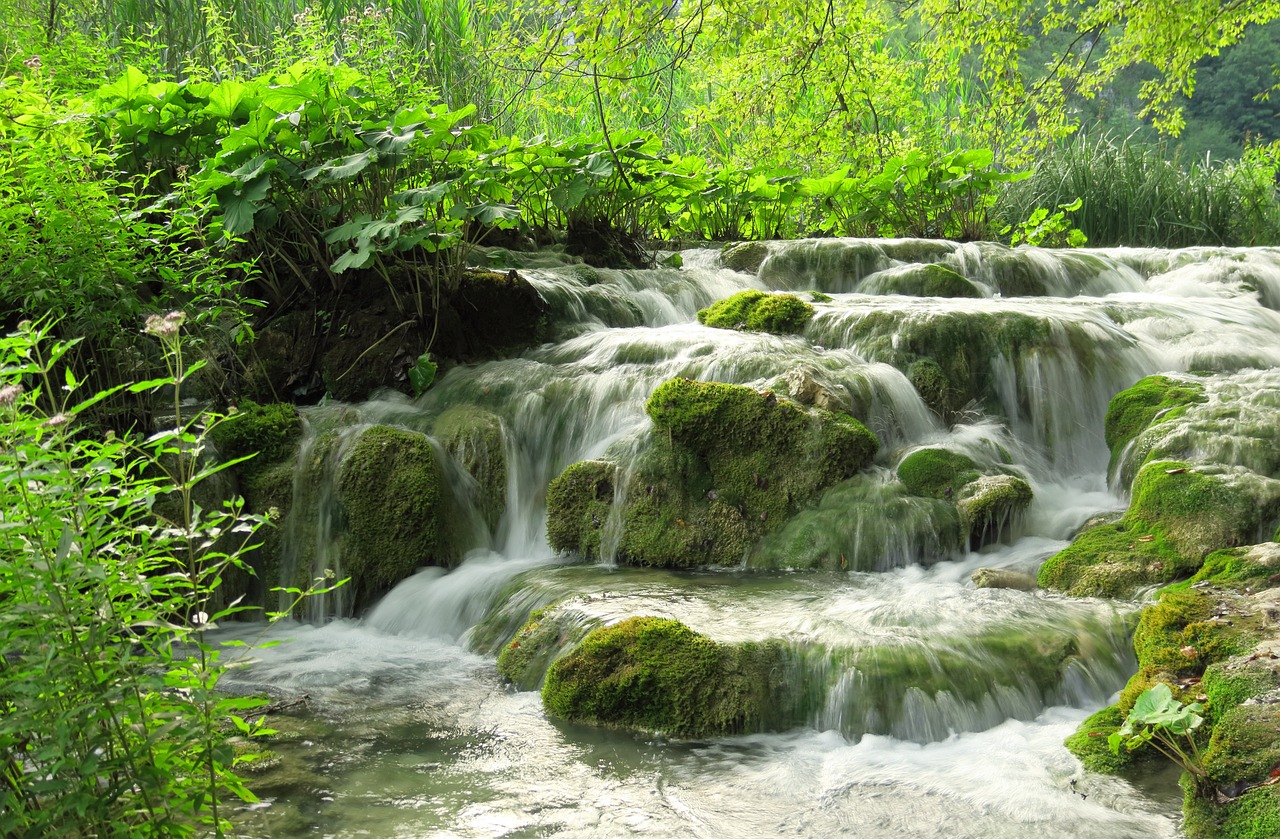Croatia Video
Cultural Sensitivities: Understanding Local Norms in Croatia
Croatia, located in Southeast Europe, is a country known for its rich history, stunning natural landscapes, and vibrant culture. As a traveler, it is essential to understand and respect the cultural sensitivities and local norms of the destination you are visiting. By doing so, you can have a more immersive and respectful experience. In this article, we will explore various aspects of cultural sensitivities in Croatia to help you navigate the local customs and traditions.
Greetings and Etiquette
When greeting someone in Croatia, a handshake is the most common form of greeting. Maintain eye contact and offer a warm smile. Address people using their titles and surnames, unless they specifically invite you to use their first name. It is important to note that Croatians have a strong sense of personal space, so avoid standing too close to someone during conversations.
- Handshakes: Handshakes are the standard form of greeting in Croatia. Ensure a firm handshake while maintaining eye contact.
- Titles and Surnames: Address people using their titles and surnames, unless they invite you to use their first name.
- Personal Space: Croatians value personal space, so maintain an appropriate distance during conversations.
Religion and Customs
Croatia has a predominantly Catholic population, and religion plays a significant role in the country’s culture. It is important to respect religious sites and customs. When visiting churches or other religious places, dress modestly and avoid loud conversations or disruptive behavior. During religious holidays, such as Easter and Christmas, Croatians often participate in special traditions and ceremonies. Familiarize yourself with these customs to show respect and understanding.
- Religious Sites: When visiting churches or religious sites, dress modestly and maintain a respectful demeanor.
- Religious Holidays: Learn about and respect the customs and traditions of religious holidays celebrated in Croatia.
- Etiquette: Avoid loud conversations or disruptive behavior in religious places.
Food and Dining
Croatian cuisine is diverse and delicious, with influences from Mediterranean, Central European, and Balkan culinary traditions. When dining in Croatia, it is customary to wait for the host to begin eating before you start. Table manners are generally formal, with the use of utensils and proper dining etiquette. Croatians take pride in their local cuisine, so be sure to try traditional dishes and appreciate the local flavors.
- Wait for the Host: Wait for the host to begin eating before you start.
- Table Manners: Familiarize yourself with proper dining etiquette and use utensils appropriately.
- Traditional Dishes: Explore and appreciate the local flavors by trying traditional Croatian dishes.
Language and Communication
The official language of Croatia is Croatian, and while English is widely spoken in tourist areas, it is always appreciated when visitors make an effort to learn a few basic phrases in the local language. Greet locals with a friendly “Dobar dan” (Good day) and say “Hvala” (Thank you) when receiving assistance. Learning a few words can go a long way in establishing a positive connection with the locals.
- Basic Phrases: Learn a few basic Croatian phrases to show respect and appreciation.
- Greetings: Use “Dobar dan” (Good day) when greeting locals.
- Expressing Gratitude: Say “Hvala” (Thank you) to show appreciation for assistance.
Social Customs
Croatians value close relationships and often prioritize spending time with family and friends. When invited to a Croatian home, it is customary to bring a small gift for the host, such as flowers or chocolates. Croatians enjoy socializing over meals and appreciate engaging in meaningful conversations. Be attentive and show interest in the local culture, history, and traditions.
- Gifts for Hosts: When invited to a Croatian home, bring a small gift for the host as a token of appreciation.
- Socializing: Engage in meaningful conversations and show interest in the local culture.
- Family and Friends: Understand the importance of close relationships in Croatian society.
Dress Code
Croatia generally has a casual dress code, but it is always advisable to dress appropriately depending on the occasion and location. When visiting religious sites or formal events, dress modestly and avoid wearing revealing or inappropriate clothing. In beach areas, swimwear is acceptable on the beach but not in other public places.
- Casual Dress Code: Croatia has a generally casual dress code, but adapt your attire based on the occasion and location.
- Modesty: When visiting religious sites or formal events, dress modestly and avoid revealing clothing.
- Swimwear: Wear swimwear only in designated beach areas and cover up when leaving the beach.
Gender Roles
Croatia has made significant progress towards gender equality, but traditional gender roles still exist in certain aspects of society. Men are often expected to be chivalrous and offer their seats or hold doors for women. However, it is important to note that gender roles can vary depending on individual perspectives and personal beliefs.
- Chivalry: Men may exhibit chivalrous behavior, such as offering seats or holding doors for women.
- Individual Perspectives: Understand that gender roles can vary depending on personal beliefs and perspectives.
Image 1: Croatia

Local Customs and Traditions
Croatia is rich in customs and traditions that are deeply rooted in its history and cultural heritage. Traditional folk dances, music, and festivals are an integral part of Croatian culture. Attend local festivals, such as the Dubrovnik Summer Festival or the Sinjska Alka, to experience the vibrant traditions and immerse yourself in the local customs.
- Folk Dances and Music: Experience traditional Croatian folk dances and music at local festivals.
- Festivals: Attend cultural festivals, such as the Dubrovnik Summer Festival or the Sinjska Alka, to witness local customs and traditions.
- Immerse Yourself: Embrace the opportunity to learn about and participate in Croatian customs and traditions.
Image 2: Croatia

Respecting Nature and Environment
Croatia boasts stunning natural landscapes, including national parks, pristine beaches, and crystal-clear lakes. It is crucial to respect and preserve the environment when visiting these natural wonders. Follow designated trails, dispose of waste properly, and avoid damaging flora and fauna. Be mindful of the impact your actions may have on the environment and adopt sustainable travel practices.
- Designated Trails: Stick to designated trails when exploring national parks and natural areas.
- Waste Disposal: Dispose of waste properly and use designated recycling bins when available.
- Sustainable Practices: Embrace sustainable travel practices and minimize your impact on the environment.
Local Festivals and Celebrations
Croatians love to celebrate their cultural heritage through various festivals and events held throughout the year. From the vibrant carnival celebrations in Rijeka to the traditional grape harvest festivals in Istria, these events offer a unique insight into Croatian traditions. Participate in the festivities, enjoy local cuisine, and embrace the lively atmosphere.
- Carnival Celebrations: Experience the vibrant carnival celebrations in Rijeka, known for their lively parades and colorful costumes.
- Grape Harvest Festivals: Join the grape harvest festivals in Istria and indulge in local wines and traditional cuisine.
- Embrace the Atmosphere: Immerse yourself in the local culture by participating in traditional festivals and celebrations.
Image 3: Croatia

Conclusion
Understanding and respecting the cultural sensitivities and local norms in Croatia is essential for any traveler. By familiarizing yourself with greetings, customs, cuisine, language, and social etiquette, you can have a more immersive and respectful experience. Embrace the opportunity to learn about the rich cultural heritage of Croatia and engage with locals in a meaningful way. Remember to respect nature and the environment, and participate in local festivals and celebrations to fully appreciate the vibrant Croatian culture.
References
– croatia.hr (Croatian National Tourist Board)
– timeout.com
– lonelyplanet.com
– roughguides.com


